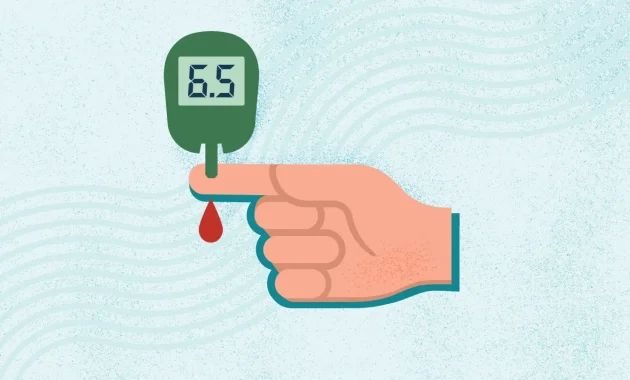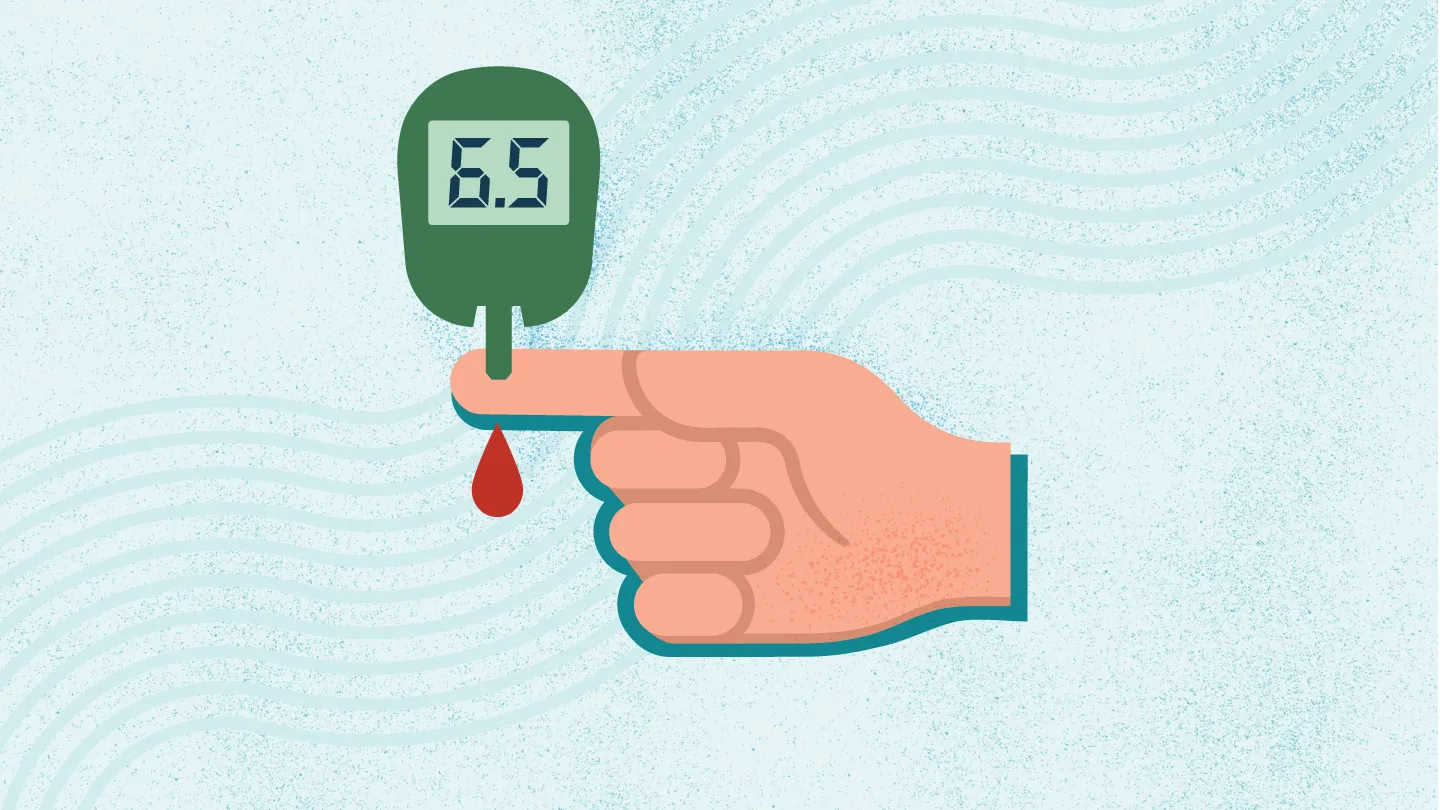
How to Handle Diabetes Without Feeling Constantly Tired: A Comprehensive Guide
Fatigue is a common and debilitating symptom for individuals managing diabetes. The constant weariness can significantly impact daily life, affecting work, relationships, and overall well-being. This comprehensive guide explores practical strategies on how to handle diabetes without feeling constantly tired. It delves into the underlying causes of fatigue in people with diabetes and provides actionable steps to combat this pervasive issue. This article is meticulously fact-checked and designed to empower you with the knowledge and tools needed to regain energy and vitality.
Understanding the Link Between Diabetes and Fatigue
Diabetes, both type 1 and type 2, disrupts the body’s ability to effectively use glucose for energy. This metabolic imbalance is a primary driver of fatigue. When blood sugar levels fluctuate erratically, the body struggles to maintain a steady energy supply. High blood sugar (hyperglycemia) and low blood sugar (hypoglycemia) can both lead to exhaustion. Furthermore, the chronic inflammation associated with diabetes can also contribute to persistent tiredness. The body is constantly working to manage the disease, which takes a toll.
Beyond blood sugar, other factors play a role. These include:
- Insulin Resistance: This can make it harder for glucose to enter cells.
- Dehydration: High blood sugar can lead to increased urination, causing dehydration.
- Sleep Disturbances: Diabetes can disrupt sleep patterns.
- Underlying Complications: Conditions like heart disease or kidney problems can worsen fatigue.
Managing Blood Sugar Levels for Increased Energy
The cornerstone of managing fatigue in diabetes is effective blood sugar control. This is crucial for how to handle diabetes without feeling constantly tired. Regular blood glucose monitoring is essential. This allows you to track how food, exercise, and medication affect your levels. Aim for consistent blood sugar levels within your target range, as set by your healthcare provider. This helps stabilize energy and reduce fatigue.
Here’s how to actively manage blood sugar:
- Follow a Balanced Diet: Focus on whole foods, including fruits, vegetables, lean proteins, and whole grains. Limit processed foods, sugary drinks, and excessive carbohydrates.
- Regular Exercise: Physical activity improves insulin sensitivity and helps glucose enter cells. Aim for at least 150 minutes of moderate-intensity exercise per week.
- Medication Adherence: Take prescribed medications as directed by your doctor. This is vital for blood sugar control.
- Stress Management: Stress can raise blood sugar. Practice relaxation techniques.
Optimizing Diet for Energy and Vitality
Diet plays a significant role in managing both diabetes and fatigue. Making smart food choices can dramatically impact energy levels. Focus on foods that provide sustained energy release. This strategy is key for how to handle diabetes without feeling constantly tired.
Consider these dietary adjustments:
- Prioritize Fiber-Rich Foods: These slow down glucose absorption. Examples include whole grains, beans, and vegetables.
- Choose Lean Protein Sources: Protein helps stabilize blood sugar and provides lasting energy.
- Limit Added Sugars: Avoid sugary drinks, desserts, and processed foods. These can cause blood sugar spikes and crashes.
- Stay Hydrated: Drink plenty of water throughout the day. Dehydration can worsen fatigue.
- Eat Regular Meals and Snacks: Avoid skipping meals to prevent blood sugar fluctuations. Space meals and snacks evenly throughout the day.
The Importance of Regular Exercise
Exercise is a powerful tool for managing diabetes and combating fatigue. Regular physical activity improves insulin sensitivity. This allows the body to use glucose more effectively. It also boosts energy levels and improves overall well-being. This is a crucial aspect of how to handle diabetes without feeling constantly tired.
Incorporate these exercise strategies:
- Choose Activities You Enjoy: This increases the likelihood of sticking with an exercise routine.
- Start Slowly and Gradually Increase Intensity: Begin with short walks and gradually increase the duration and intensity of your workouts.
- Combine Aerobic and Strength Training: Aerobic exercise improves cardiovascular health. Strength training builds muscle mass and boosts metabolism.
- Consult Your Doctor Before Starting a New Exercise Program: Make sure it’s safe for you.
- Listen to Your Body: Rest when needed and avoid overexertion.
Prioritizing Sleep and Managing Stress
Sleep and stress management are essential for managing fatigue. Poor sleep and chronic stress can exacerbate diabetes symptoms. They can also worsen fatigue. Prioritizing both is a key part of how to handle diabetes without feeling constantly tired.
Here’s how to improve sleep and manage stress:
- Establish a Regular Sleep Schedule: Go to bed and wake up at the same time each day, even on weekends.
- Create a Relaxing Bedtime Routine: Wind down with a warm bath, reading, or meditation.
- Optimize Your Sleep Environment: Make sure your bedroom is dark, quiet, and cool.
- Practice Relaxation Techniques: Deep breathing, yoga, and meditation can help reduce stress.
- Limit Caffeine and Alcohol: These can disrupt sleep patterns.
- Seek Professional Help if Needed: If you are struggling with chronic stress or sleep problems, talk to a healthcare professional.
Medication and Supplement Considerations
Medication plays a vital role in diabetes management. Ensure you are taking your medications as prescribed. Discuss any side effects with your doctor. Some medications can impact energy levels. This is an important aspect of how to handle diabetes without feeling constantly tired.
Consider these points:
- Review Medications with Your Doctor: Discuss any concerns about fatigue or other side effects.
- Take Medications as Prescribed: Adherence is critical for effective blood sugar control.
- Discuss Supplements with Your Doctor: Some supplements may help with energy levels. However, always consult your doctor before starting any new supplements.
- Be Aware of Potential Interactions: Supplements can interact with medications.
Addressing Underlying Complications
Diabetes can lead to various complications. These include heart disease, kidney disease, and nerve damage (neuropathy). These complications can significantly contribute to fatigue. Addressing these issues is crucial for overall health and well-being. This is a vital part of how to handle diabetes without feeling constantly tired.
Consider these steps:
- Regular Checkups: Regular checkups with your doctor can help detect and manage complications early.
- Manage Blood Pressure and Cholesterol: These factors can impact cardiovascular health.
- Foot Care: Prevent foot problems.
- Kidney Health: Monitor kidney function.
- Nerve Damage: Manage pain.
Lifestyle Modifications and Long-Term Strategies
Managing diabetes and fatigue is an ongoing process. It requires consistent effort and lifestyle changes. These modifications contribute to long-term health and well-being. This is the ultimate goal of how to handle diabetes without feeling constantly tired.
Here are some long-term strategies:
- Develop a Support System: Connect with family, friends, or support groups.
- Educate Yourself: Learn as much as you can about diabetes management.
- Stay Positive: Maintain a positive attitude.
- Celebrate Small Victories: Acknowledge your progress.
- Seek Professional Guidance: Work with a healthcare team.
When to Seek Professional Help
While lifestyle changes can significantly improve fatigue, it is important to recognize when professional help is needed. If you experience persistent or worsening fatigue, consult your doctor. They can help you address any underlying issues. This is important for effectively how to handle diabetes without feeling constantly tired.
Seek professional help if:
- Fatigue is Severe or Interferes with Daily Life: This requires medical attention.
- You Experience Other Symptoms: Report any new symptoms to your doctor.
- You Have Difficulty Managing Blood Sugar: Seek assistance from your healthcare provider.
- You Suspect a Complication: Address any concerns.
Conclusion: Taking Control of Your Energy Levels
Managing diabetes and fatigue is achievable. By understanding the causes of fatigue, and implementing the strategies outlined in this guide, you can significantly improve your energy levels and quality of life. Remember that consistency and proactive self-care are key. This is how to handle diabetes without feeling constantly tired. Work with your healthcare team. Embrace a healthy lifestyle. Take control of your diabetes. Regain your vitality. [See also: Managing Diabetes: A Step-by-Step Guide] [See also: The Role of Diet in Diabetes Management] [See also: Effective Exercise Routines for Diabetics]

